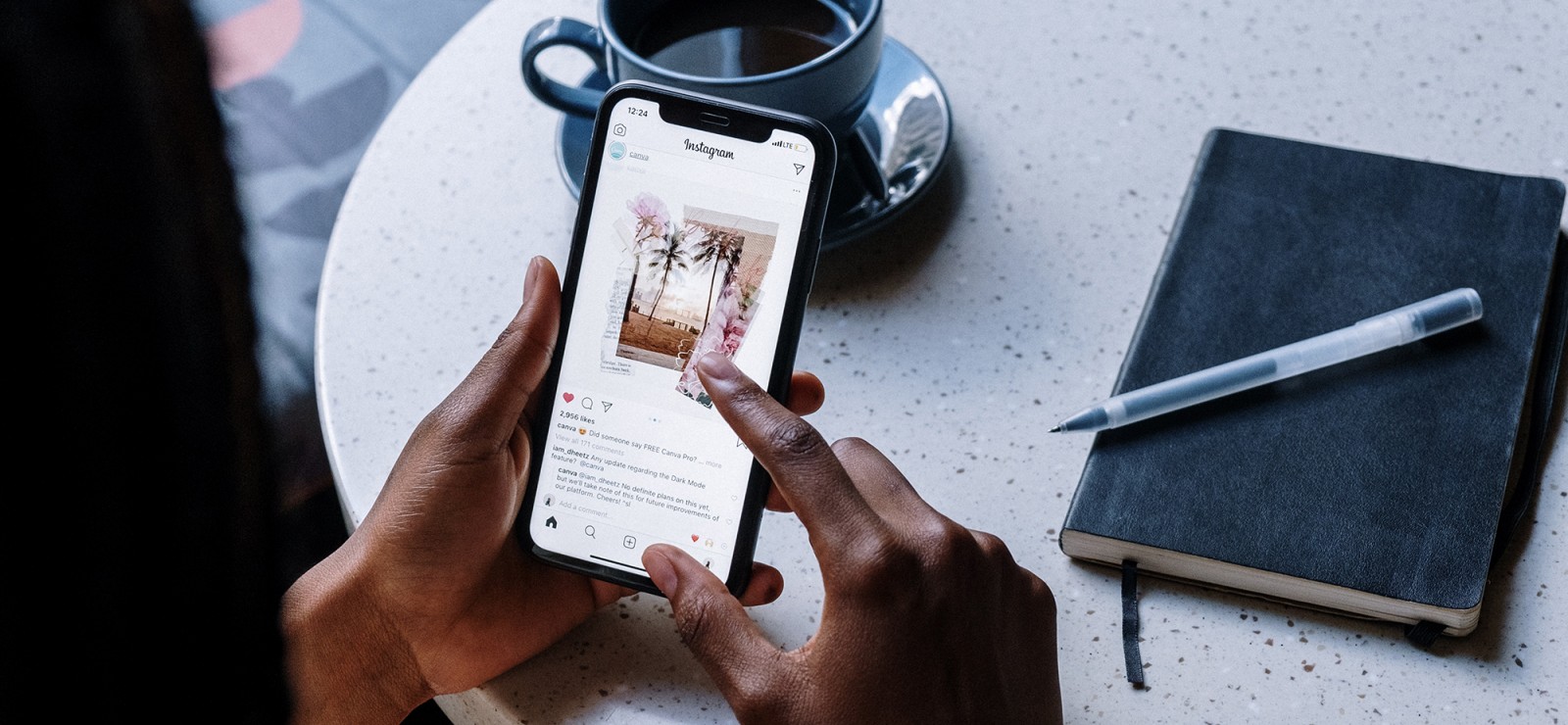You may be reading this article because it appeared on your social media timeline. If that is indeed the case, then take a moment to ask yourself whether you have recently been reading other articles on the subject of algorithms. And if the answer to that question is also yes, then the fact that you are reading this shows that the algorithm is working as intended.
The worldwide web has given us a level of access to knowledge and information that was previously unimaginable. In principle, we can now find out anything we want to know with just a couple of clicks. But ironically, precisely because of everything we look up on the internet, our view of the world is now actually in real danger of becoming very narrow. And it is all the fault of algorithms.
Selling to advertisers
Social media platforms and search engines are at the root of the problem. And above all, the companies that are behind them. “Their whole business model is based upon algorithms”, explains Pieter Heyvaert, postdoctoral researcher with IDLab, which is part of imec and Ghent University. In short: they use algorithms to keep a record of everything you find interesting, so that they can then sell this information on to advertisers, for example. So, if you look up a particular travel destination on the internet, you will probably then also see various advertisements relating specifically to that destination.
But that is not the biggest problem. Algorithms are designed to be able to offer you more information about things that interest you. And in doing this, the platforms are also able to “bind” you to them: feeding you with topics that are intended to attract and retain your attention. “If you watch a video about a particular subject from start to finish, then the algorithm will make a comparison with other people who also watched that same video. And where that group of people then also liked another video, the algorithm will conclude that you will like the second video as well, and it will appear on your timeline accordingly“, adds Heyvaert.
Conspiracy theories
And this is a perfect breeding ground for conspiracy theories, because it encourages that classic error which makes us so open to those conspiracy theories: confirmation bias. “People prefer to get a speedy confirmation of their existing convictions rather than to spend time on pieces that refute them”, observes philosopher of science Massimiliano Simons. In other words: the algorithms ‘send’ you articles which match the opinion you have already formed based upon previous articles.
We can point an accusing finger at the Facebooks and Googles of this world. But they are not the only ones. News media also work according to this principle. “The algorithms used by today’s news websites are based upon commercial criteria: popularity and interests. News content is not taken into account. So it is very unlikely that you will be offered articles that offer a contradictory view to popular opinion” says Glen Goris, a researcher with imec-mict-Ghent University, who was involved in the NewsDNA project set up to develop a new algorithm to promote diversity in news reporting.
Is there nothing we can do?
Are we irrevocably condemned to a life controlled by algorithms, or is there in fact something we can do about it? Pieter Heyvaert lists a number of helpful tips:
- Log out: “As soon as you log in somewhere, data starts to be collected. When you log into YouTube, YouTube keeps a record of what you watch, which videos you like, where you write a comment… And with this information, it is very easy for them to determine what interests you. The disadvantage in logging out is that you have no personal settings or preferences that you can save.”
- Get rid of cookies: “Browsers are able to save cookies – tiny crumbs of data - to your computer. That way, they can follow what you are doing. No cookies means no data. You can get browser plug-ins which delete cookies after a certain period of time.”
- Surf incognito: “Whenever you surf incognito, then you are not collecting cookies and you are also not logged in. However, this also means that you cannot save any of your personal preferences, and therefore you do need to decide for yourself how far you go with this. The browser will still collect cookies, but as soon as you close the incognito window, then all those cookies disappear”.
- Be critical: “You should always remain critical. If suddenly you see a large number of articles about a particular subject, then you need to ask yourself if it feels right. This way you can find out whether you have landed in a ‘filter bubble’”.
Opening lecture
Watch Maarten Boudry's free opening lecture on conspiracy theories on Monday 11 October at 19 o'clock: reserve a seat in the Ufo auditorium (Sint-Pietersnieuwstraat 33, Ghent) or follow the livestream on daretothink.be.
Read also
Maarten Boudry focusses on conspiracy thinking in opening lecture
Conspiracy theories thrive well on the internet and are not always innocuous. In his second opening lecture as holder of the chair 'Etienne Vermeersch', philosopher of science Maarten Boudry delves more deeply into the pitfalls of conspiracy thinking.

